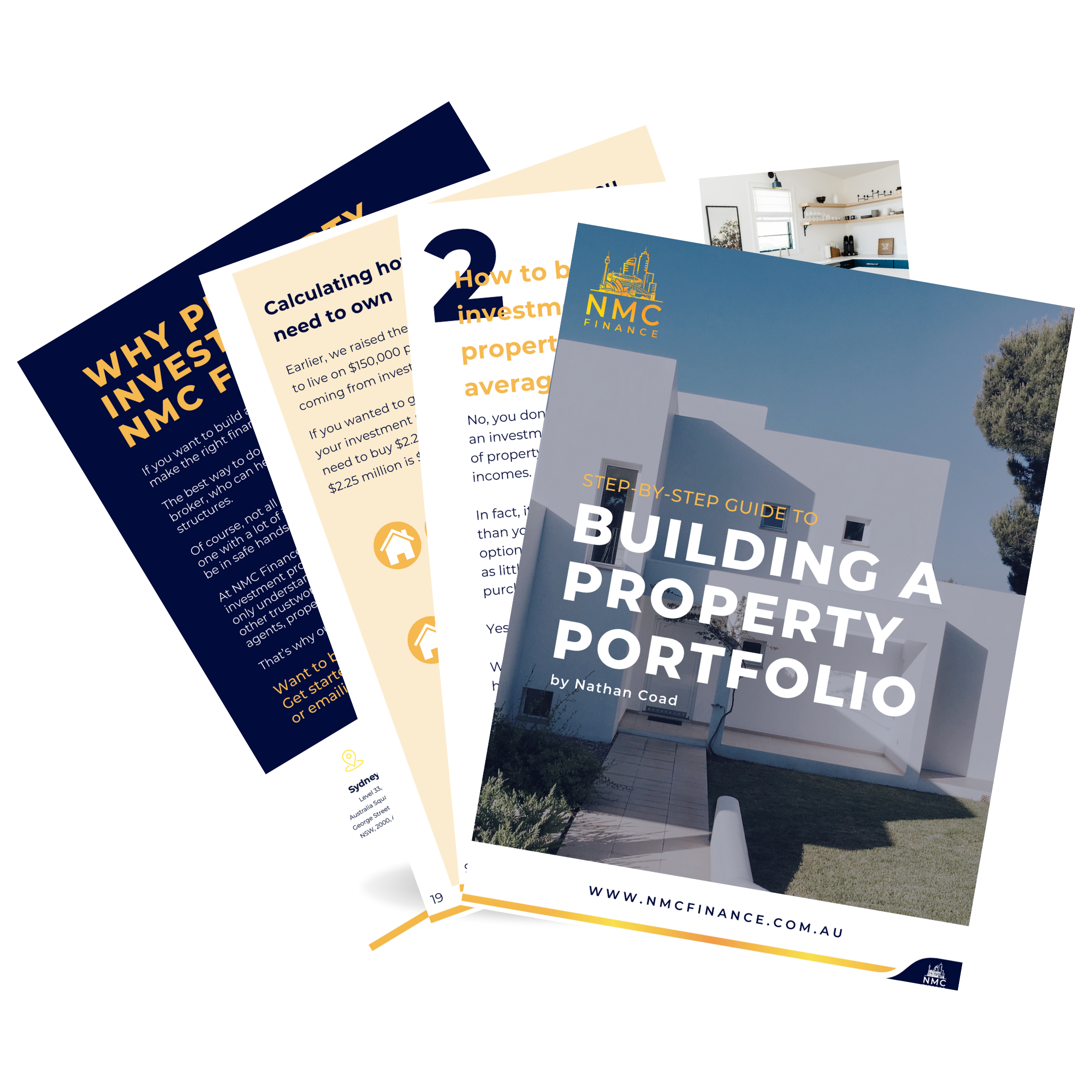As a first home buyer, one of the first questions you’ll likely ask is: “How much can I borrow?”
But a better question to start with is: “How much should I borrow?”
What you can borrow
Banks assess your borrowing power based on your income, expenses, debts, dependants, and credit history.
They’ll calculate a maximum loan amount you may qualify for, based on their criteria.
Online calculators give a rough estimate, but they don’t factor in everything – and they don’t know you personally.
What you should borrow
Just because you can borrow up to a certain amount doesn’t mean you should stretch yourself to the limit.
Instead, consider:
- Your lifestyle: Will a bigger mortgage mean sacrificing holidays, school fees, or other priorities?
- Future changes: Could your income change? Planning kids? Job change? More study?
- Buffering for rate rises: What happens if rates go up 1-2% in future?
- Comfortable repayments: What’s your safe monthly number, not just what the bank allows?
Balancing aspirations and affordability
It’s tempting to max out your borrowing to secure your dream home – but long-term financial stability often comes from living within your means, not at the edge of them.
Your goal should be to buy a home that suits your needs and your budget.
A realistic example of borrowing smart in today’s market
Let’s take a hypothetical couple, James and Tahlia. They’re both in their early 30s, with a combined income of $160,000 and a $90,000 deposit. Like many first-time buyers, they start by using an online calculator— it tells them they could potentially borrow up to $850,000.
Exciting, right? Suddenly, homes they assumed were out of reach start to feel doable.
But online calculators don’t factor in the full financial picture — they provide rough, best-case estimates. In a real-world scenario like this, if James and Tahlia sat down with a finance broker, here’s what would likely happen:
Their broker would look beyond their income — taking into account everyday expenses, existing credit cards, lifestyle goals, and plans to start a family. On paper, yes, $850,000 might be possible. But the monthly repayments? Around $4,800. That could leave very little room for saving or handling unexpected costs.
Instead, a broker might model a more balanced scenario — say a $650,000 loan on a $740,000 property. Repayments would drop to around $3,700/month — freeing up over $1,000 every month for living life, not just paying the bank.
The takeaway?
Borrowing power and affordability are not the same thing. An online calculator might show you the ceiling, but a good broker helps you find your sweet spot — where the numbers still make sense for your lifestyle.
A broker can help you find that balance
A good mortgage broker will help you:
- Understand your full financial picture.
- Run the numbers based on real-life repayments.
- Factor in future changes, like kids or job shifts.
- Choose a lender whose products match your goals.
Remember: just because a lender says you can borrow $850,000 doesn’t mean that’s your sweet spot. Let’s work out what’s right for you.
*This blog is intended for general informational purposes only. For personalised advice tailored to your unique financial situation, please contact NMC Finance.

